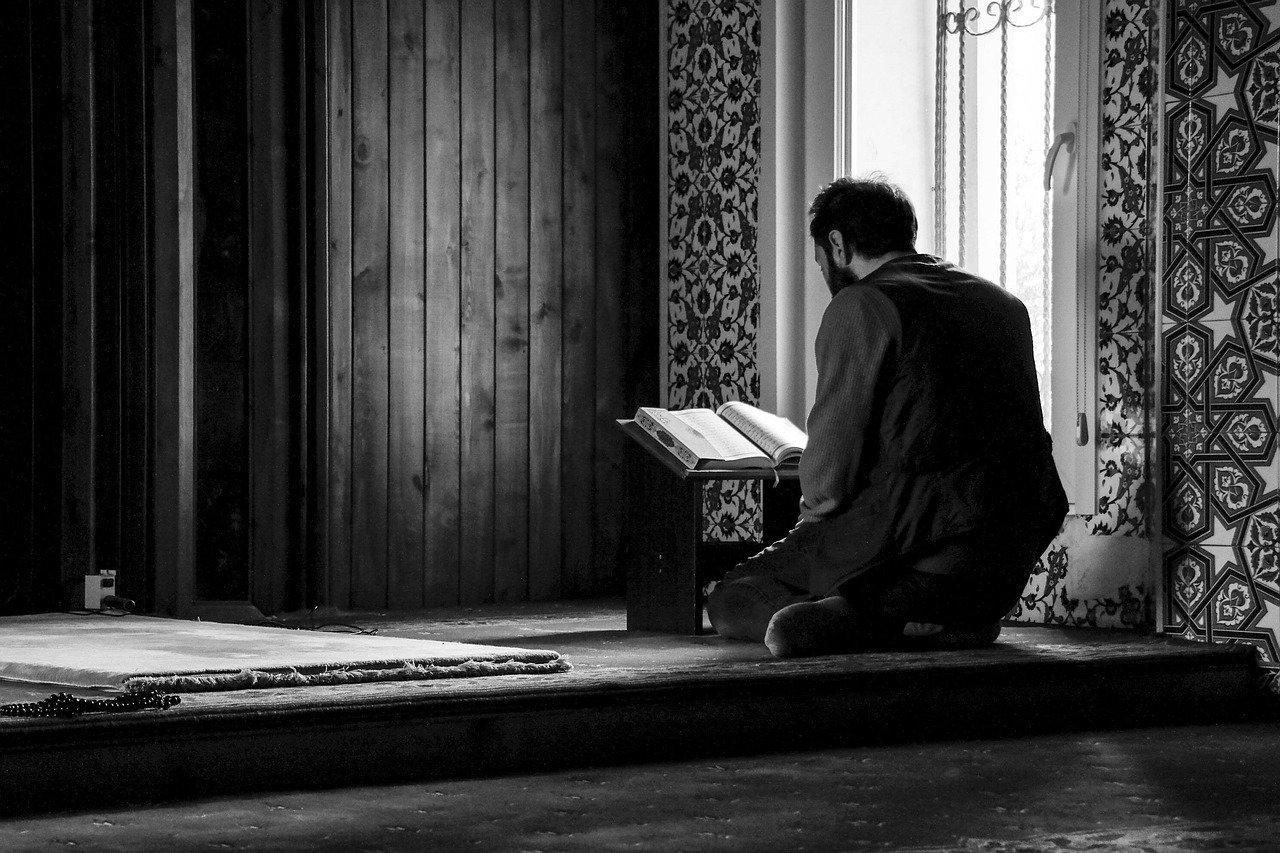The Quran places great importance on honouring and respecting parents. Verses such as “And We have enjoined upon man [care] for his parents…” (Quran 31:14) are often quoted as reminders of gratitude, obedience, and kindness. Yet, in some families, these teachings are misunderstood—or worse, misused—to enforce unquestioning obedience, instil guilt, or enable patterns of control.
From a therapeutic perspective, it is vital to explore the difference between genuine respect and unhealthy submission.
Respect Does Not Mean Tolerating Harm
The Quran commands believers to honour parents with kindness, patience, and gratitude. But it never sanctions harm, abuse, or oppression. A verse often overlooked in this discussion is: “But if they endeavour to make you associate with Me that of which you have no knowledge, do not obey them. To Me is your return…” (Quran 29:8). Here, Allah acknowledges that parental authority has limits. The principle is clear: respect is not blind, and obedience cannot override one’s faith or well-being. This opens the door to a broader understanding—if disobedience is allowed in matters of faith, it surely follows that maintaining personal safety, dignity, and emotional health is also a priority.
Misinterpretation and Emotional Guilt
Some parents, knowingly or unknowingly, may use the Quran as a tool of manipulation:
- Guilt-tripping children by implying that disagreement or boundary-setting is “un-Islamic.”
- Equating obedience with devotion, without acknowledging the context of respect being rooted in compassion, not control.
- Overlooking reciprocity, as Islam emphasises kindness and justice from all parties—not just children towards parents.
- This kind of distortion can create deep psychological distress, where children feel trapped between spiritual guilt and emotional harm.
The Counselling Perspective: Healthy Boundaries
Counselling within an Islamic framework helps clients recognise that:
- Honouring parents does not mean obeying harmful demands. It is possible to be respectful in manner while maintaining boundaries.
- Self-care and parental respect can coexist. Supporting parents does not mean sacrificing your own mental health, relationships, or autonomy.
- Compassion includes honesty. Sometimes the most respectful path is addressing harmful behaviour gently but firmly, rather than enabling it.
- Islam is a religion of balance. The Prophet himself warned against oppression—whether from parents, children, or society. Respect must never become a justification for enduring harm.
Towards a Healthier Understanding
For Muslims struggling with manipulative or abusive family dynamics, it is crucial to remember: the Quran’s call to respect parents is rooted in mercy, gratitude, and kindness—not in coercion or guilt. Just as children are accountable for their treatment of parents, parents too are accountable for how they nurture, guide, and protect.
True respect is not born of fear or guilt but of love, balance, and sincerity. Islam does not ask believers to lose themselves under the weight of toxic control; it asks them to embody compassion and justice in all relationships—including with parents.
Tips to help the transition from child to adult
1. Validate the Struggle
- Adult children often feel torn between cultural/religious duty and personal freedom. Therapy begins by validating that these conflicting emotions are real, common, and deeply human.
- It is possible to love and respect parents while still recognising that certain behaviours (manipulation, emotional blackmail) are harmful.
2. Redefine Respect in Adulthood
- In Islam, respect for parents is lifelong—but it doesn’t mean parents retain authority over every decision. Respect in adulthood can mean kindness in tone, checking in on their well-being, and avoiding deliberate harm, not sacrificing your autonomy.
- Therapy helps shift the mindset from obedience to mutual respect.
3. Boundaries as Acts of Respect
- Boundaries are therapeutic tools that protect both the adult child and the parent.
- Examples: “I’m happy to help, but I can’t do that today.” or “I want to spend time with you, but I also need space for my own family.”
- Framing boundaries as a form of balance rather than rebellion helps reduce guilt.
4. Recognise Manipulation Patterns
- Many adult children grow up normalising guilt-tripping or control. Therapy encourages naming behaviours:
- “If you loved me, you’d…” → emotional blackmail.
- Silent treatment → withdrawal of affection as punishment.
- Constant comparison → manipulation through shame.
- Naming the behaviour is the first step towards detachment.
5. Reframe Guilt through Faith
- Adult children often carry heavy guilt for choosing differently from their parents’ wishes. A therapeutic Islamic reframe could be: “Allah asks me to be kind, not to erase myself. My life choices are also part of His trust.”
- Reframing shifts the focus from guilt to accountability before Allah, not just parental approval.
6. Strengthen Autonomy
- Therapy helps adult children build confidence in decision-making. This may include learning assertive communication, affirming personal values, and recognising that adulthood includes independence.
- Quran’s verse about individual accountability (“No bearer of burdens will bear the burden of another” – 6:164) reinforces this principle spiritually.
7. Coping and Support Systems
- Adult children benefit from peer support groups, therapy, or mentors who understand both cultural/religious values and the need for autonomy.
- Having safe spaces to process guilt and anger helps reduce emotional burnout.
8. Safety in Severe Cases
- In situations of ongoing abuse (emotional, financial, physical), therapy validates that creating distance is allowed. Limiting or redefining the relationship may be necessary for survival and mental health. Islam never obligates enduring harm in the name of respect.
Conclusion
The Quran’s guidance on honouring parents should never be reduced to a tool for manipulation. When understood in context, it empowers believers to show gratitude without surrendering their dignity, and to practice respect without tolerating harm. In counselling, this perspective can help individuals reclaim both their faith and their well-being, recognising that Allah is compassionate and just—and never a source of oppression.

